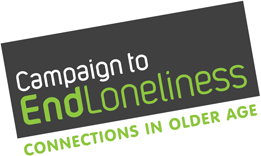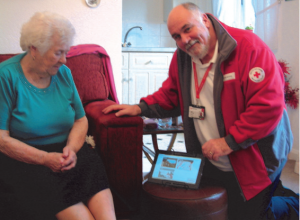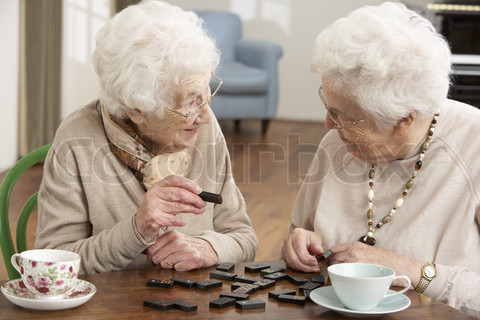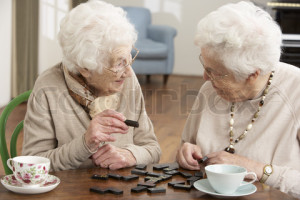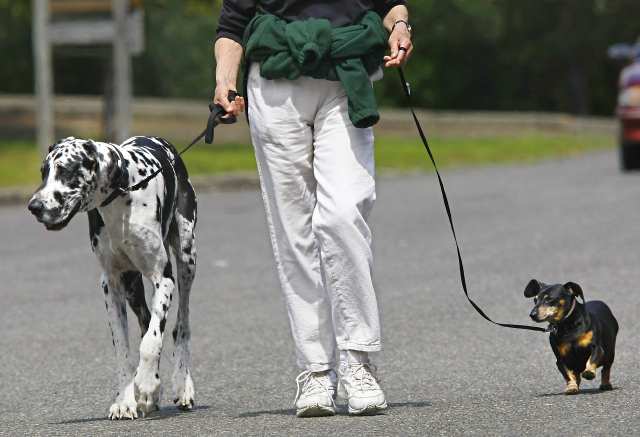Visbuzz are excited to announce that we have been selected by EY, in partnership with London Councils to be part of their London Ventures programme.
The London Ventures programme is an initiative designed to transform the delivery of public services in London. Developed and managed by EY in partnership with London Councils, the programme brings together private sector companies, investors and local authorities to drive innovation and cost efficiencies.
Through new concepts, or ‘Ventures’, London Ventures instils a collaborative approach in public services delivery. It helps local authorities work together, using their combined weight to drive better commercial deals with suppliers. It also encourages cross-sector partnerships that provide positive outcomes for local authorities, suppliers and investors alike.
Visbuzz was interested in the London Ventures Programme as a way of raising awareness of the issues surrounding loneliness and our simple solution as a way of tackling them. Being part of the Programme is very exciting for Visbuzz, and helps us to move further forward in our vision of a world in which loneliness does not exist. Through the work of the London Ventures programme, we can build effective partnerships and connect even more isolated people to those who matter most to them.
London Ventures is overseen by the Capital Ambition Board which brings together all 32 London boroughs and the City of London. London Councils represents London’s 32 borough councils and the City of London. It is a cross-party organisation that works on behalf of all of its member authorities regardless of political persuasion. EY combines leading public and private sector practice with an understanding of diverse needs, focusing on building organisations’ capability to deliver improved services.





